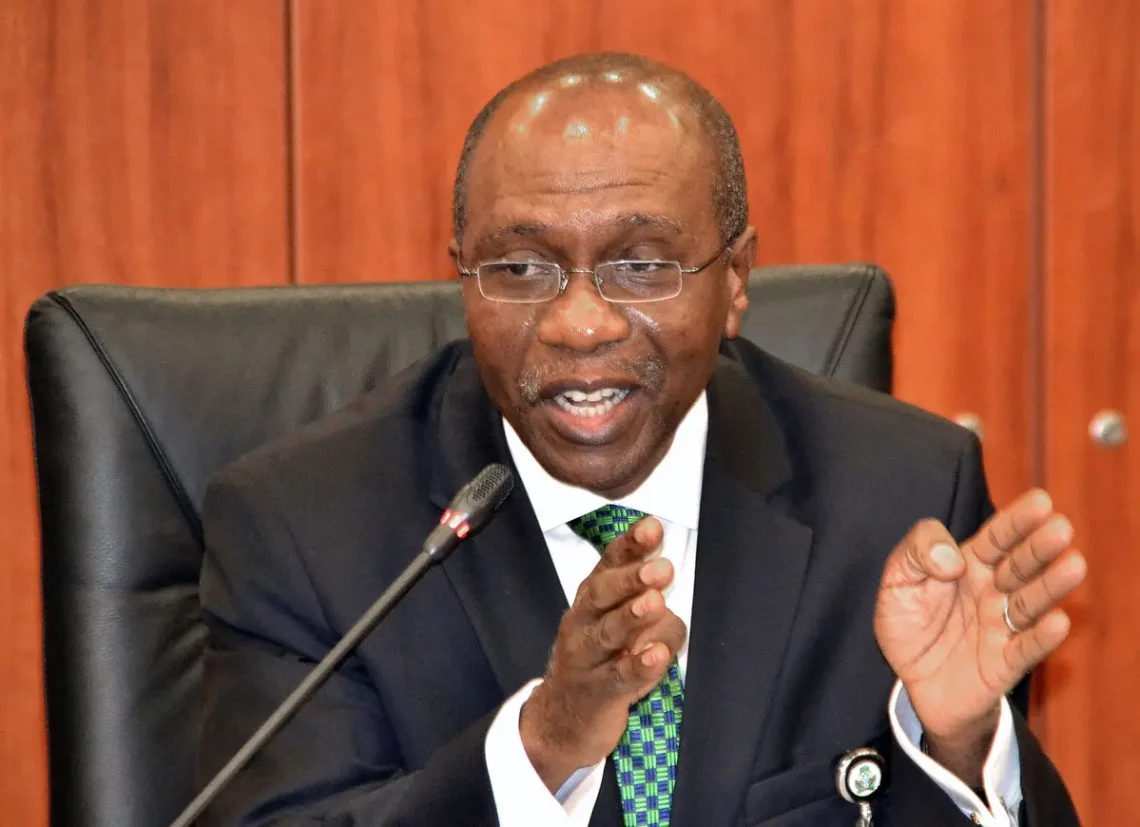Impelled partially by a 20.77 year-on-year inflation rate, the Central Bank of Nigeria, with the support of President Muhammadu Buhari, recently announced the redesign of N200, N500, and N1,000 notes.
It is worthy of note that Nigeria’s rate of inflation is not universally accepted. A Professor of Applied Economics at Johns Hopkins University, Professor Steve H. Hanke, has argued that the actual inflation rate in Nigeria is worse than what is being reported by the National Bureau of Statistics.
Based on Hanke’s Inflation Dashboard, the inflation rate in Nigeria is an eye-popping 52 per cent, not the 20.8 per cent official record reported for September 2022.
Baring the rising rate, some economists have said that too much money in circulation is a cause for concern. A former deputy governor of the Central Bank of Nigeria (CBN), Prof. Kingsley Moghalu, who said he fully supports the CBN’s move to mop up the naira by redesigning some denominations said, “If 80 per cent of banknotes in circulation are outside the banks, that is troubling.Indeed, it is troubling because monetary policies needed to effect the value of the naira in any country must be effected through the banks and other financial institutions, which take orders from the central bank. However, with more than 80 per cent of the country’s currency outside of the financial system, it puts the monetary authorities in a weak position to determine the value of the local currency and other policies for a healthy and predictable economy.
During his policy pronouncement of the naira redesign, CBN governor, Godwin Emefiele, indicated that certain criminal elements may be in possession of sophisticated printing machines to produce identical copies of the naira notes. That goes to imply that to much money may be chasing fewer goods, which is a veritable recipe for inflation.
Commenting on that, professor of economics, Gbenga Gbangbose, said there is no doubt ordinary Nigerians have stashed billions of naira in their private vaults, which they spend at will, and buy foreign currencies at will, regardless of the price of the foreign currency, which puts pressure on the naira, and engenders inflation. Gbangbose said he supports the naira redesign as the exercise will reduce the money in circulation, empower the monetary authorities, and “clip the wings of unscrupulous politicians as we inch toward an election date.”
Gbangbose stressed to NATIONAL ECONOMY that the move by the CBN comes at the appropriate time because, given the fact that the country is barely three months away from the 2023 elections, with politicians having billions of naira stashed in their private homes and ready to infuse into the economy to buy votes, inflation would spike steeply over the coming months.
Alluding to politicians willing to having and willing to infuse billions of naira into the system, a public affairs analyst, Peter Eche, said the recent development of a governor in the south-south appointing 200,000 personal aids may not be far from the correcting impact of the naira redesign.
“This is the best policy of this government since they assumed power over the past seven years, he said.
Another economist, a stock market broker, David Mba, said among other things, this may be the perfect opportunity for the CBN to effect its cashless policy with the e-naira as its vehicle.
Alluding to the speech of Governor Emefiele on the naira redesign, Mba said the CBN governor indicated that the currency in circulation is more than twice the amount allowed in circulation by the monetary authority. He added that if the CBN can effect the cashless policy through this exercise, it will no doubt rein in inflation.
He added that if the Dangote refinery comes into operation in Q1 of 2023 as promised, the federal government will be able to save 40 per cent of its forex, and the naira will likely start having a reversed trend.





